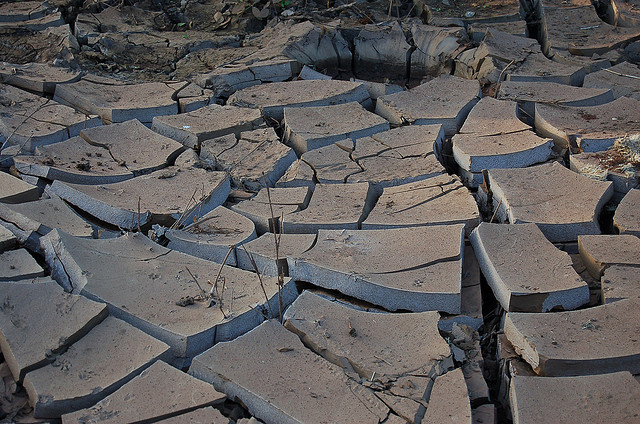Put simply, any generation of economic value requires resources. These resources are extracted from somewhere in the world, used in some fashion to create energy or further materialsUnfortunately, there are fundamental flaws in this plan. The Energy Return on Investment (EROI) of renewable energies is generally much lower than that of fossil fuels. In other words, for a given amount of resources invested in renewables, you receive much less usable energy back than the same investment in fossil fuels would yield. This is because power such as that from the sun and wind is more diffuse and harder to capture. Renewables, therefore, require more land, and their construction is energy-intensive and necessitates many rare earth materials. So although renewables create fewer carbon emissions than fossil fuels, their ecological impact shifts into other forms. Accordingly, recent research has shown that absolute decoupling of economic growth from material impact is incredibly unlikely, especially at the scale and pace needed to limit global warming to below the much-discussed two-degree rise above pre-industrial levels. Even if a global rollout of renewable technologies occurred tomorrow, it is unlikely that their energy returns would be sufficient to meet the current energy demand of the global economy. For these reasons, the growth paradigm cannot deliver the economic and social transformation required to meaningfully combat climate and ecological breakdown. If we are to create a just and sustainable future for life on Earth, we must instead look to alternative economic paradigms which explicitly contest the growth imperative. One such paradigm is degrowth.
Degrowth does not represent the opposite of growth, recession, but a complete restructuring of society around values of conviviality, solidarity, and sufficiency.To achieve this aim, degrowth argues for establishing more localized economies, which reduce the reliance on high-emission international trade flows. By strengthening the role of co-operatives, solidarity and sharing economies, production processes could be democratically organized around social and ecological well-being, rather than the resource-insatiable profit motive. As a result, the power of the wage-labour market over peoples’ lives would also be diminished. Consequently, degrowth not only provides a practical route out of climate breakdown but also offers the prospect of simpler, more fulfilling ways of living, where more time can be dedicated to community, relationships and creative pursuits. To reframe Kennedy’s words, degrowth truly has the power to prioritize the things which make life worthwhile.

By Christiane Kliemann Right before the recent UN climate change summit and shortly after the Leipzig Degrowth-Conference, international media, governments and the United Nations enthusiastically welcomed a new report entitled “Better Growth, Better Climate” and trumpeted its central message around the globe: that economic growth and tackling climate change can go hand in hand. While the repo...

Without trying to give definitions of growth or degrowth everybody knows anyway, I would like to emphasize that these phenomena were always subject to discussions. Even a non-economist knows that it is impossible to talk about growth without mentioning ideas like increases in production factors, industrialization or economic development. Any increase has to come to a [...]
The Stream towards Degrowth has begun to flow! Political, scientific and artistic institutions and initiatives as well as individuals are all part of the current of a growth-sceptic public. We started the stream on the 27th of November in Jena, Germany. Now we're looking forward to gathering reports, debates and points of views - in order to show the problems of the fixation on growth and to pr...